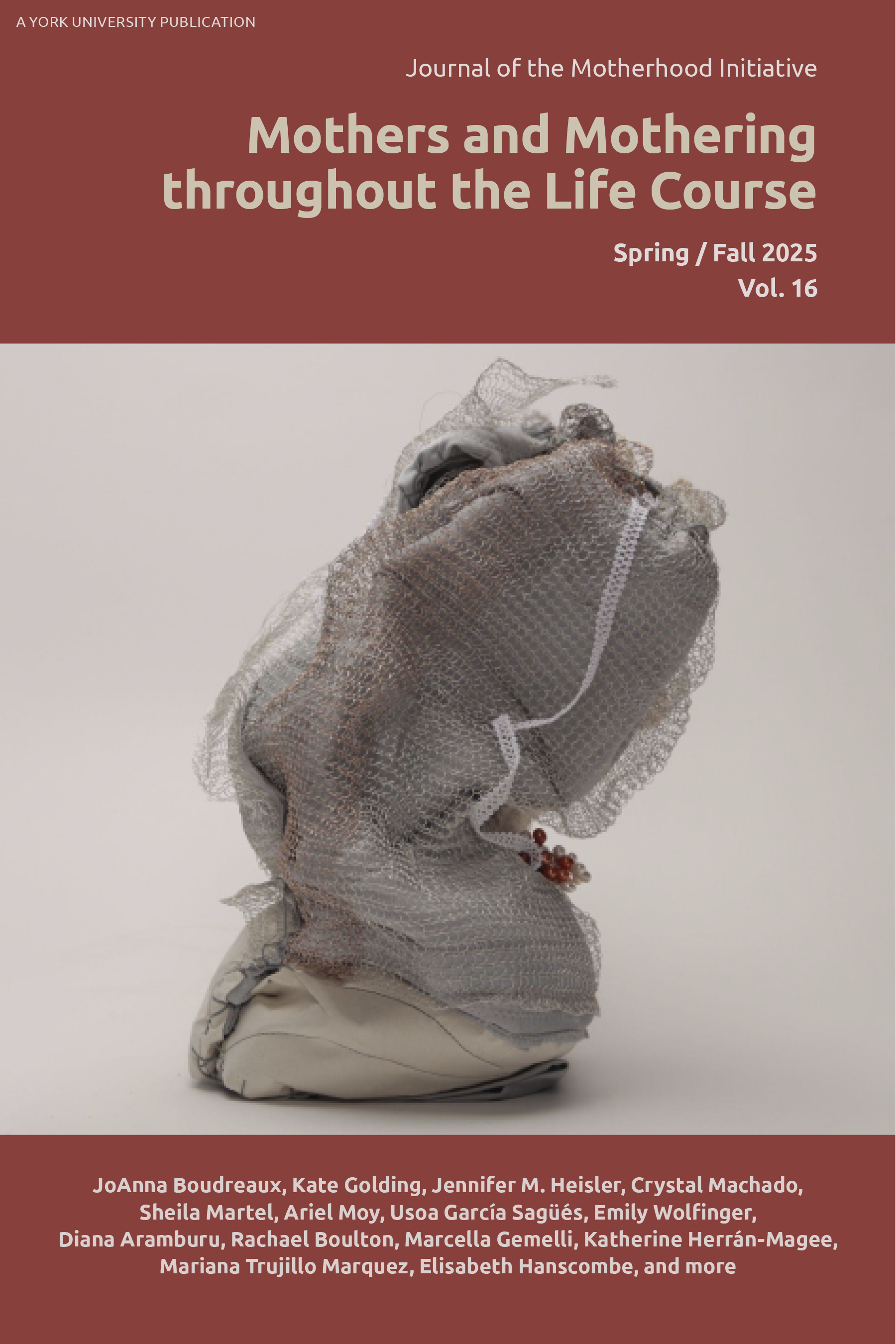The Termination of Parental Rights in Brazil from the Perspective of Matricentric Feminism
Abstract
This article examines the process of terminating parental rights in Brazil, contrasting its legal foundation with its practical application, which disproportionately affects low-income families—particularly poor, Black single mothers. Matricentric feminism is presented as a theoretical and political framework for understanding the historical subjugation of mothers and for interrogating how labels such as “transgressive mother” are applied by sociolegal actors in practices and discourses to reinforce an exclusionary maternal ideal. The article reveals that the reasons for placing children and adolescents in state care are often interpreted in ways that blame and stigmatize mothers, ignoring their social vulnerability and the lack of effective public policies. This interpretation is influenced by idealized social constructions of motherhood and by power discourses that penalize any deviation from the normative model, thereby perpetuating social inequalities.

Downloads
Published
How to Cite
Issue
Section
License
All intellectual property in relation to material included on this site belongs to the Motherhood Initiative for Research and Community Involvement (MIRCI). All material on this site is protected by Canadian and international copyright and other intellectual property laws. Users may not do anything which interferes with or breaches those laws or the intellectual property rights in the material. All materials on the Motherhood Initiative for Research and Community Involvement (MIRCI) are copyrighted and all rights are reserved. Any reproduction, modification, publication, transmission, transfer, sale, distribution, display or exploitation of the information, in any form or by any means, or its storage in a retrieval system, whether in whole or in part, without the express written permission of the Motherhood Initiative for Research and Community Involvement (MIRCI) is prohibited. Please contact us for permission to reproduce any of our materials. This site may include third party content which is subject to that third party's terms and conditions of use.

